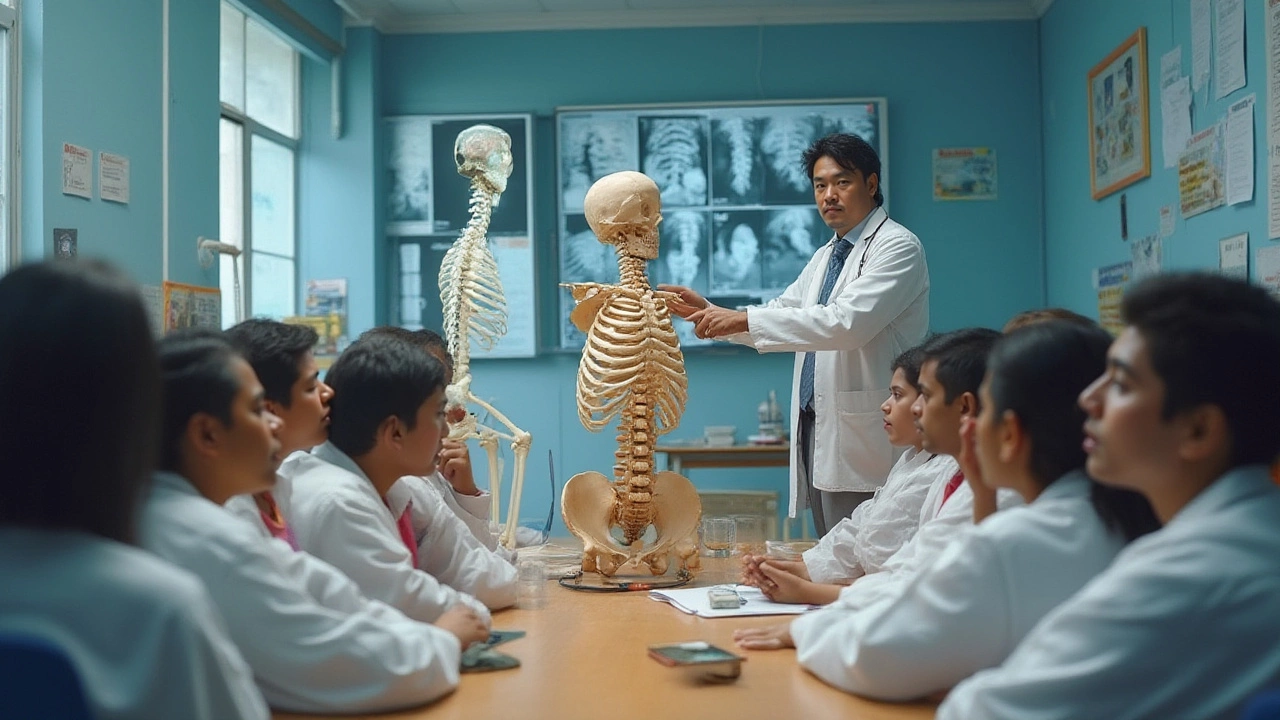Orthopedic Tips You Can Use Right Now
If you’ve ever walked into an orthopedic clinic feeling clueless, you’re not alone. Most people wonder what to expect, how to speed up recovery, and which everyday habits actually help joints. Below are simple, no‑jargon tips that work whether you’re gearing up for surgery, dealing with arthritis, or just want stronger bones.
What Happens at Your First Orthopedic Visit
The first appointment is usually a quick chat, a physical exam, and maybe a few imaging tests. Bring a list of any pain triggers, current meds, and recent injuries. Ask the doctor to explain each test in plain language – you deserve to know why an X‑ray or MRI is needed. Most clinics will outline a treatment plan on the spot, so you leave with clear next steps and an idea of costs.
Speed Up Recovery After Surgery or Injury
Recovery isn’t just about rest; it’s about smart movement. Start with doctor‑approved gentle stretches the day after surgery to keep blood flowing. Gradually add weight‑bearing activities as pain decreases – think short walks before you try a full treadmill session. Keep protein handy; it fuels tissue repair. And don’t forget calcium‑rich foods or a supplement if you’re low, because bones need minerals to rebuild.Pain management works best when you mix options. Over‑the‑counter NSAIDs can cut inflammation, but discuss any heart or stomach issues with your doctor first. Ice packs for 20 minutes, three times a day, calm swelling faster than heat. If you’re prescribed stronger meds, set a reminder so you never miss a dose and avoid accidental overuse.
When you feel ready to hit the gym, focus on low‑impact exercises like swimming, stationary cycling, or elliptical training. These keep joints moving without pounding them. Strengthen the muscles around your joint – strong quads protect the knee, and a solid core eases back strain. A physical therapist can give you a short routine you can do at home, saving you travel time and money.
Finally, watch your daily habits. Bad posture, carrying heavy bags on one shoulder, or sleeping on a mattress that sags can undo weeks of progress. Adjust your workstation, use a supportive pillow, and switch sides when you carry groceries. Small tweaks add up to big relief over months.
Keep these orthopedic tips in mind, and you’ll move through appointments, surgeries, and everyday life with less pain and more confidence. Your joints will thank you.

The 4 A's of Orthopedics Explained: Key Pillars for Bone Health
Discover the 4 A's of orthopedics: Alignment, Apposition, Apparatus, and Activity. Learn what they mean with real examples, helpful facts, and advice.

Which Diabetic Medication Helps You Lose Weight?
Feb, 15 2025

Effective Ways to Lose Belly Fat in Just 2 Weeks
Oct, 10 2025


